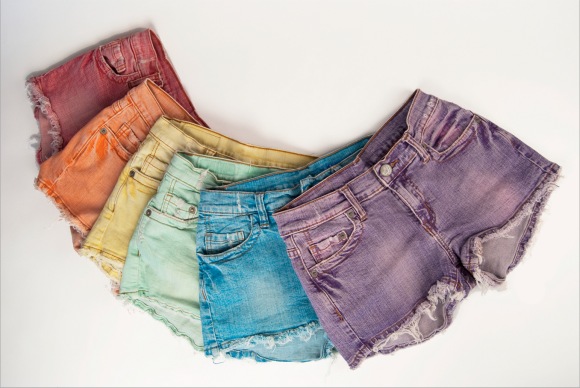I am a dancer who is fairly curvaceous for my age (15) and tend to walk to my dance classes. The weather is usually nice and I really don’t see a problem with it.
Because I’m going to a dance class it’s uniform to wear tight fitted clothes to show muscles as we work and stretch, unfortunately this has made me a target.
It can be something as a wolf whistle or a ‘ay baby’ to something as full on as being smacked on the ass and it terrifies me. I am not your property, I am not something you can touch or look at. You have NO right to make me feel scared.
My classes tend to be pretty late and I would not classify were I live as a dodgy area but something happened a few nights ago that has changed the way I act.
I was walking home, hot, tired, sweaty and in a pretty good mood. I saw a group of teenage boys, older and taller then me sitting near the place I had to walk. I made it clear that I didn’t want to be talked to, stuffed my headphones in my ears, pulled my jacket together all the while thinking, “You’re being paranoid, they’re probably decent human beings,” I was wrong.
As I walked past I felt a hard smack across my butt, I whipped around angry, ashamed and humiliated, I yelled at them asking them, “Who the hell do you think you are? What gives you the right to touch me in that way? Oh right NOTHING!” I was about to continue when a passing woman intervened.
I thought she was going to help, instead she yelled at me, saying it was my fault for dressing that way, my fault. They were just innocent boys that I had seduced. I was crying by now and so mad. I turned to keep walking home only to be followed by the woman for half a block still yelling at me called me a whore, slut, a skank.
I am embarrassed. How dare you call me out for clothing that was simply a pair of leggings and a tight fitting t-shirt, how dare you yell at me, how dare you support blatant sexual harassment.
I told my parents this story only to be asked, “What were you wearing?”
No, that doesn’t matter, that shouldn’t matter. My clothes do not give ANYBODY the right to touch or speak to me in a manner that’s different to their peers.
My clothes do not define who I am, my clothes are not consent.
– Anonymous
Location: Auckland New Zealand
Share your street harassment story for the blog.



